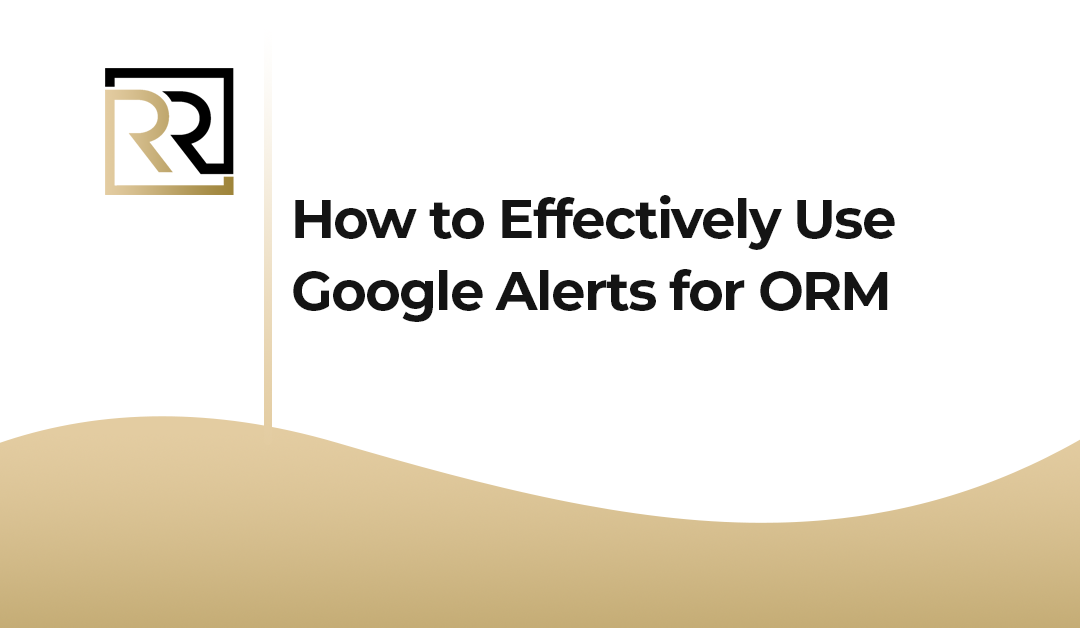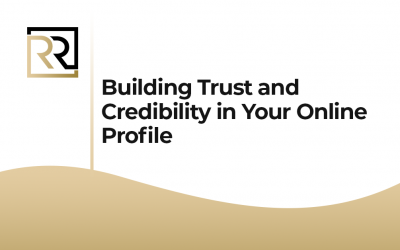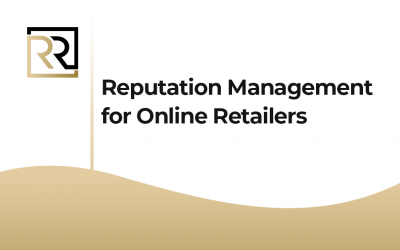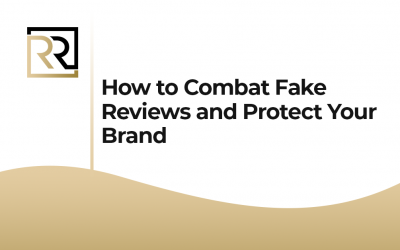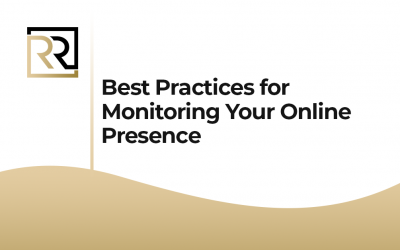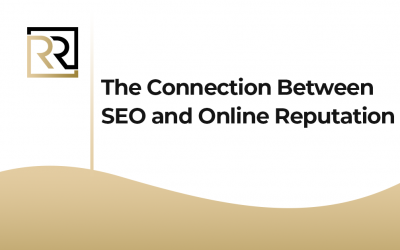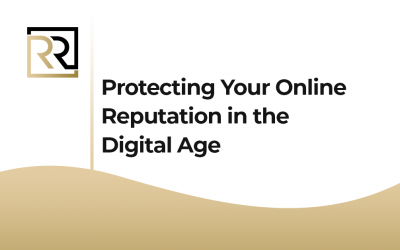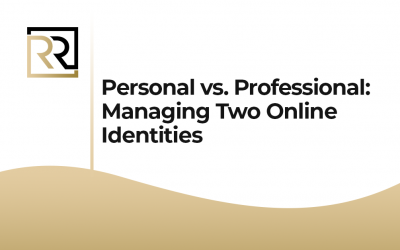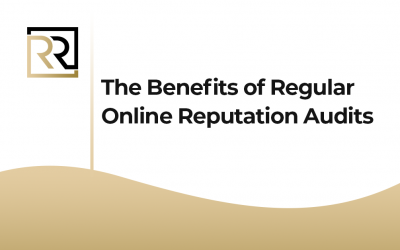How to Effectively Use Google Alerts for ORM
Use Google Alerts for ORM, in today’s digital landscape, maintaining a positive online reputation is essential for individuals and businesses alike. Thus, with information spreading rapidly across the internet, it’s crucial to stay vigilant and proactive in managing your digital presence. Moreover, Google Alerts emerges as a powerful tool in this endeavor, offering real-time monitoring of mentions, reviews, and discussions related to your brand or persona. Basically, in this guide, we’ll explore how to effectively leverage Google Alerts for online reputation management (ORM). This is to empower you to safeguard your reputation and maintain a positive online presence. Take care of your corporate reputation management.
A Comprehensive Guide to Harnessing the Power and use of Google Alerts for OMR
1. Understanding Google Alerts for OMR
Firstly, Google Alerts is a free service provided by Google that notifies users about new content indexed by the search engine based on specific keywords or phrases. Therefore, by setting up alerts for relevant terms related to your brand, name, or industry, you can receive email notifications whenever new content matching those criteria appears on the web. Ultimately, this enables you to stay informed about what’s being said about you or your business in real-time.
2. Setting Up Google Alerts
Secondly, to begin harnessing the power of Google Alerts for ORM, follow these steps to set up your alerts:
a. Visit the Google Alerts website or directly access it through your Google account.
b. Enter the keywords or phrases you want to monitor. This can include your name, brand name, product names, industry terms, or any other relevant topics.
c. Choose the type of content you want to monitor, such as news articles, blogs, discussions, or everything.
d. Select the frequency of alerts, ranging from “as-it-happens” to daily or weekly digests.
e. Enter your email address to receive alerts, and click “Create Alert” to activate your alert.
Moreover, by setting up multiple alerts covering various aspects of your online presence, you can comprehensively monitor mentions, reviews, and discussions across the web.
3. Monitoring Brand Mentions
Further, Google Alerts allows you to monitor brand mentions in real-time, enabling you to promptly address any mentions, whether positive or negative. Therefore, by staying informed about what’s being said about your brand, you can engage with customers, respond to feedback, and address any issues or concerns that arise. What’s more, this proactive approach to brand monitoring demonstrates your commitment to customer satisfaction and can help mitigate potential reputation risks.
4. Tracking Online Reviews
Overall, online reviews play a significant role in shaping public perception and influencing purchasing decisions. Essentially with Google Alerts, you can track reviews posted on various platforms, including review websites, social media, and forums. Therefore, set up alerts for your brand name followed by terms like “review,” “feedback,” or “testimonial” to stay informed about new reviews as they are posted. Besides, by monitoring online reviews, you can promptly address any negative feedback, thank customers for positive reviews, and actively manage your online reputation.
5. Monitoring Competitor Activity
In addition to monitoring your own brand mentions, Google Alerts can also be used to monitor competitor activity and industry trends. Therefore, set up alerts for your competitors’ brand names, product names, or industry keywords to stay informed about their activities, product launches, and marketing campaigns. Moreover, by monitoring competitor activity, you can identify opportunities, assess market trends, and adjust your own strategies accordingly.
6. Identifying Reputation Threats
Furthermore, Google Alerts serves as an early warning system for potential reputation threats, allowing you to detect negative mentions or emerging issues before they escalate. Hence, set up alerts for keywords related to potential reputation risks, such as “scam,” “complaint,” or “lawsuit,” to stay informed about any negative discussions or allegations. Moreover, by identifying reputation threats early on, you can take proactive measures to address them and mitigate their impact on your online reputation.
7. Engaging with Influencers and Thought Leaders
Furthermore, Google Alerts can also be used to identify opportunities for engaging with influencers, thought leaders, and industry experts. Thus, set up alerts for relevant industry keywords or topics to stay informed about articles, blog posts, or discussions featuring influential figures in your industry. Also, by actively engaging with influencers and thought leaders, you can build relationships, establish credibility, and enhance your brand’s reputation within your industry.
Conclusion: Use Google Alerts for ORM
In summary, Google Alerts emerges as a valuable tool in the arsenal of online reputation management, offering real-time monitoring of brand mentions, reviews, and discussions across the web. Hence, by setting up alerts for relevant keywords and phrases, you can stay informed about what’s being said about your brand, address customer feedback, and proactively manage your online reputation. What’s more, incorporate Google Alerts into your ORM strategy to safeguard your reputation, maintain a positive online presence, and thrive in the digital landscape.
Services
Our Services
Search Engine Content Removal
Social Media Content Removal
Positive Content Creation
Online Reviews Optimization
Search Results Optimization
Learn
Our Blog
Building Trust and Credibility in Your Online Profile
Building Trust and Credibility in Your Online Profile Further, in the digital age, establishing trust and credibility in your online profile is paramount for personal and professional...
Reputation Management for Online Retailers
Reputation Management for Online Retailers Further, in the fast-paced world of e-commerce, building and maintaining a positive online reputation is paramount to success. Thus, with countless...
How to Combat Fake Reviews and Protect Your Brand
How to Combat Fake Reviews and Protect Your Brand Wondering how to Combat Fake Reviews? In general, in the digital age, online reviews wield tremendous influence over consumer purchasing...
Best Practices for Monitoring Your Online Presence
Monitoring Online Presence In today's hyperconnected world, monitoring online presence plays a pivotal role in shaping your personal and professional reputation. Starting from social media...
The Connection Between SEO and Online Reputation
SEO and Online Reputation Further, in the digital realm, where visibility and credibility reign supreme, the relationship between search engine optimization (SEO) and online reputation...
Protecting Your Online Reputation in the Digital Age
Protecting Your Online Reputation In an era dominated by digital interactions and virtual connections, protecting your online reputation holds immense significance. Whether you're an...
The Power of Positive Online Branding for Entrepreneurs
The Power of Positive Online Branding for Entrepreneurs The Power of Positive Online Branding, in the dynamic world of entrepreneurship, establishing a strong online brand presence is not...
Personal vs. Professional: Managing Two Online Identities
Online Identities - Navigating Personal and Professional Spheres in the Digital Realm In the digital age, where our lives seamlessly intertwine with online platforms, the question of managing...
The Benefits of Regular Online Reputation Audits
The Strategic Advantages of Regular Online Reputation Audits Chiefly, in an era where digital presence plays a pivotal role in personal and professional success, the importance of maintaining...


